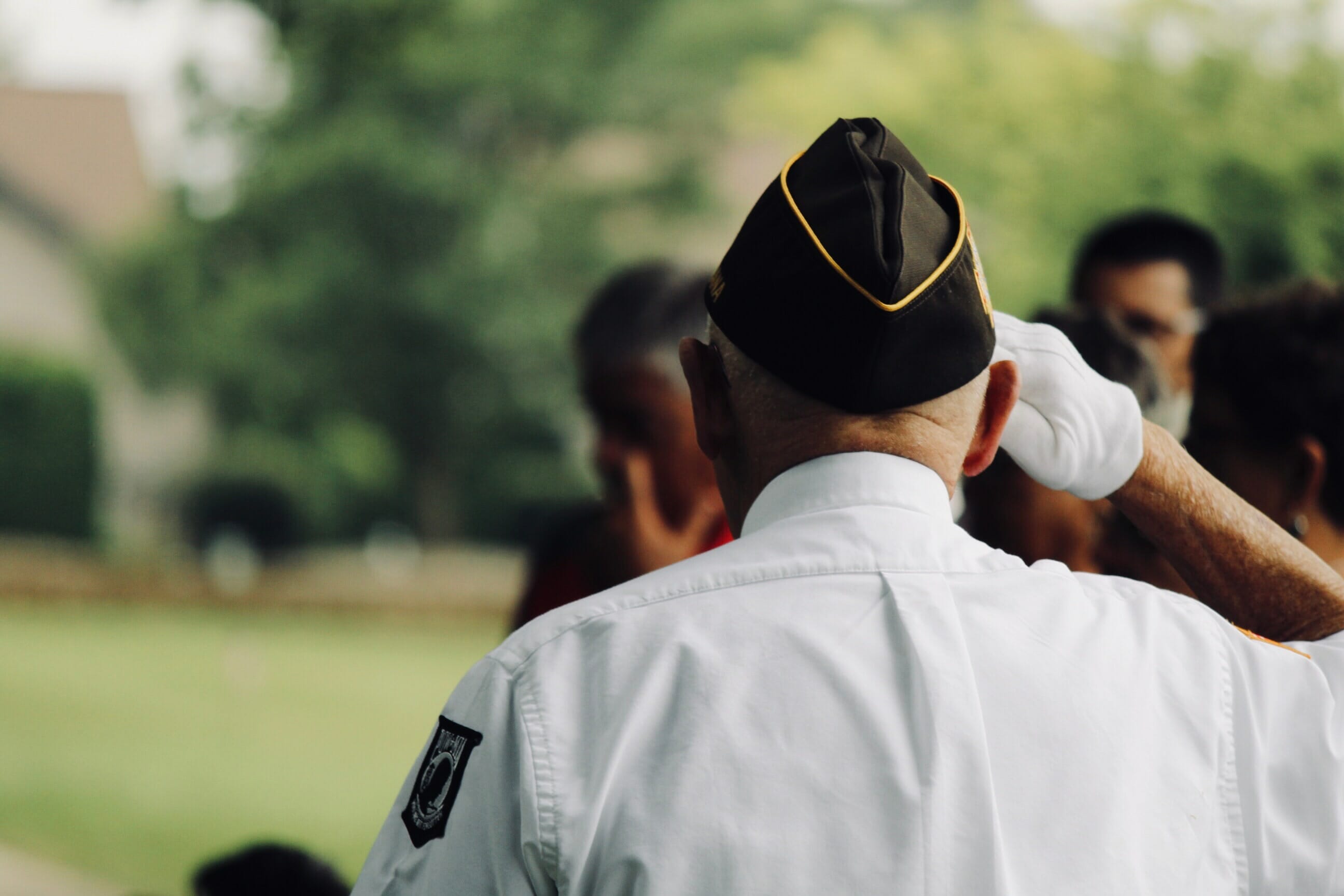
Photo by sydney Rae on Unsplash
10 ways to observe Veterans Day in your church that don’t involve waving a giant American flag from the pulpit or shooting off fireworks during the passing of the peace
David W. Peters
November 7, 2019
People often contact me around Veterans Day asking me what they can do for their veterans. They’re often a little anxious that whatever they do will turn into a pro-war political rally or maybe even an anti-war protest straight out of 1968. Sadly, honoring and caring for veterans has become a political hot potato in many churches and no one likes to touch hot potatoes. There are good resources out there, including (shameless plug) my latest book, Post-Traumatic God: How the Church Cares for People Who Have Been to Hell and Back.
Whatever you end up doing, I would urge you to consider seeing caring for veterans as a social justice issue. Veterans have endured the rigors of war and military service. Many come from lower-income backgrounds in rural or urban America. In short, you don’t have to be pro-war to care for the veterans in your community of faith.
Caring for veterans is a social justice issue. They have endured the rigors of war and military service. Many come from lower-income backgrounds in rural or urban America. In short, you don’t have to be pro-war to care for the veterans in your community of faith.
1) Set up a meeting with your veterans. Make sure you include the women veterans. At this meeting work hard at listening. Listen for stories of estrangement from the church. Listen for how the church helps them in their life after military service and war. Listen for moral injury (google “moral injury” if you don’t know what it is). Listen to their anger. Listen to their joy about serving. Each veteran has their own experience of military service and one experience is not better than another.
2) Hold a loose definition of “veteran.” While the U.S. Department of Veterans Affairs has strict categories of veterans, I define a veteran as anyone who has served in the military at any time, in any job. If someone served, include them.
3) Host a deep listening session. Choose one or two veterans to share a story about their experience in war. Instruct the audience not to ask questions, clap, or comment. After each person speaks, hold silence for 5 minutes. This is a powerful way to listen to a group of people who feel that no one listens to them. You can prompt them with these questions written by the Rev. Erin Hensley, Rector of St. Alban’s in Austin, Texas:
Tell us a story about when you found unexpected generosity from a fellow veteran, from someone associated with the enemy, or even from yourself.
Tell us a story about when you sought God or longed for God to seek you in the midst of war.
Tell us a story of where it hurts even.
4) Interview a panel of veterans. Ask the questions from #1 or #3, questions about their friendships during their service, or what it was like when they left the service.
5) Include veterans in your offertory time. Along with the money and gifts, have two veterans bring tokens of their service (coins, medals, insignias) and place them on the altar (or perhaps in front of the altar). Like the gifts, they are dedicated to God and serve as a symbol of what veterans can do with their military service.
6) Set up a veteran’s altar with picture of veterans, mementos, or poems. This takes clear communication and invitation well in advance. Start this year and cast your net wider next year.
7) Don’t confuse Veterans Day with Memorial Day or Armed Forces Day. Veterans Day commemorates those of us who experienced war and military service and lived. Memorial Day commemorates those who died. Armed Forces Day commemorates those who are actively serving today.
8) If your church offers birthday blessings, recognize veterans with a veterans blessing. In my tradition, we begin with the “Thanksgiving for Heroic Service” from the Book of Common Prayer.
O Judge of the nations, we remember before you with grateful hearts the men and women of our country who in the day of decision ventured much for the liberties we now enjoy. Grant that we may not rest until all the people of this land share the benefits of true freedom and gladly accept its disciplines. This we ask in the Name of Jesus Christ our Lord. Amen. (BCP 839)
9) Read at least one book about moral injury in the veteran community or consider creating your own veterans fellowship group in your church. For ideas about how to get started, visit the Episcopal Veterans Fellowship.
10) Finally, you are fully equipped to help and heal veterans who are on the long journey home from war. 99% of the people that helped me heal were not veterans. They were people who loved me and listened to me. By God’s power, you have the power to help us.
David W. Peters served in the United States Marine Corps and in Iraq as an Army chaplain. Currently, he is a church planter in Pflugerville, Texas with the Episcopal Diocese of Texas. He is the author of “Post-Traumatic God: How the Church Cares for People Who Have Been to Hell and Back” (Morehouse Publishing, 2016). To better understand moral injury, read David’s story, “The moral injury of a Baptist accidental killer” in The Christian Citizen.
The views expressed are those of the author and not necessarily those of American Baptist Home Mission Societies.


